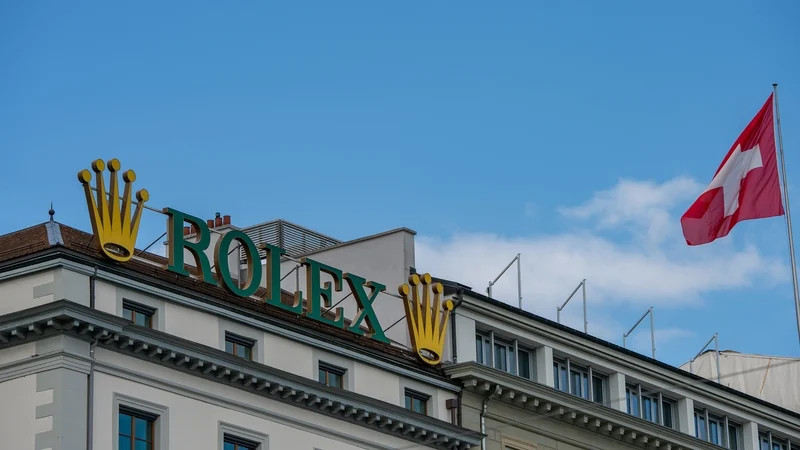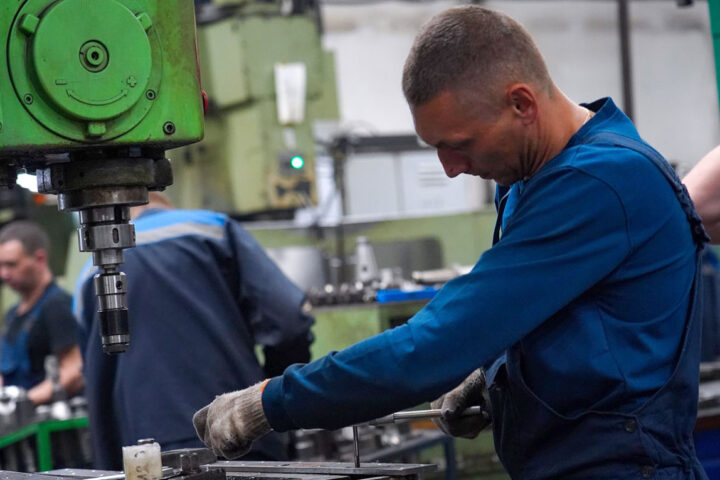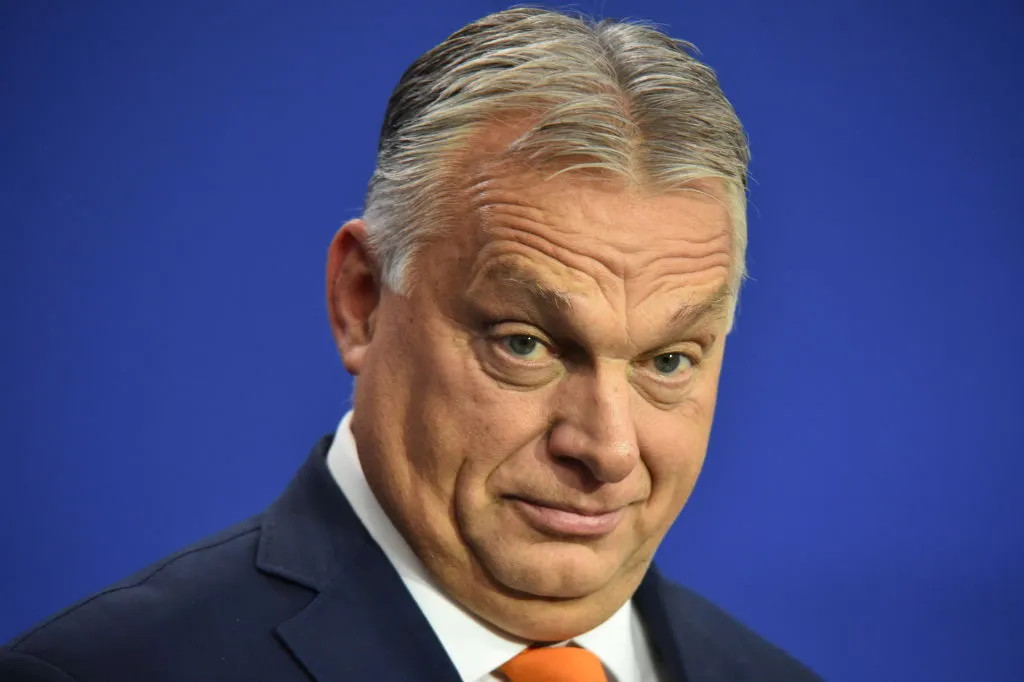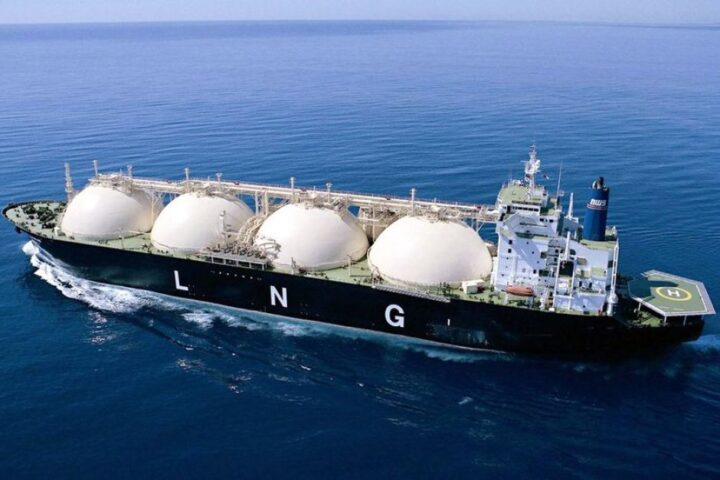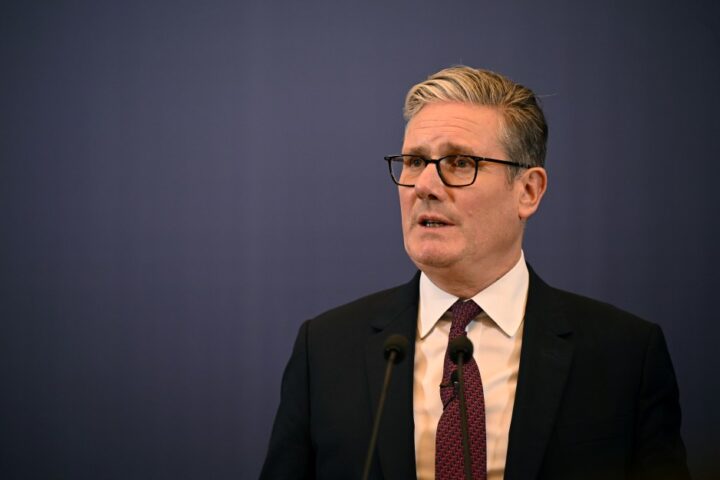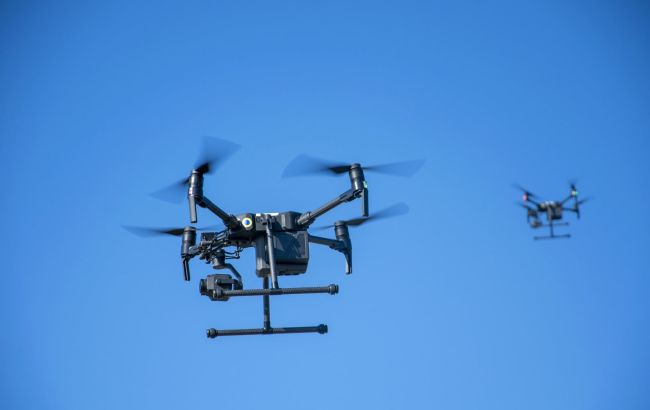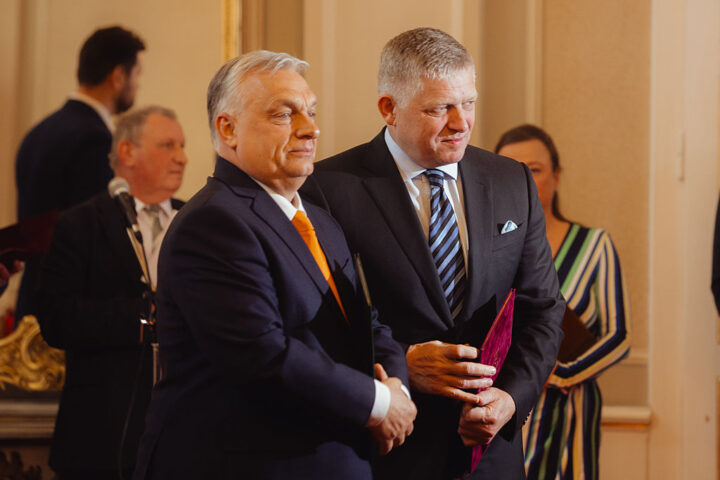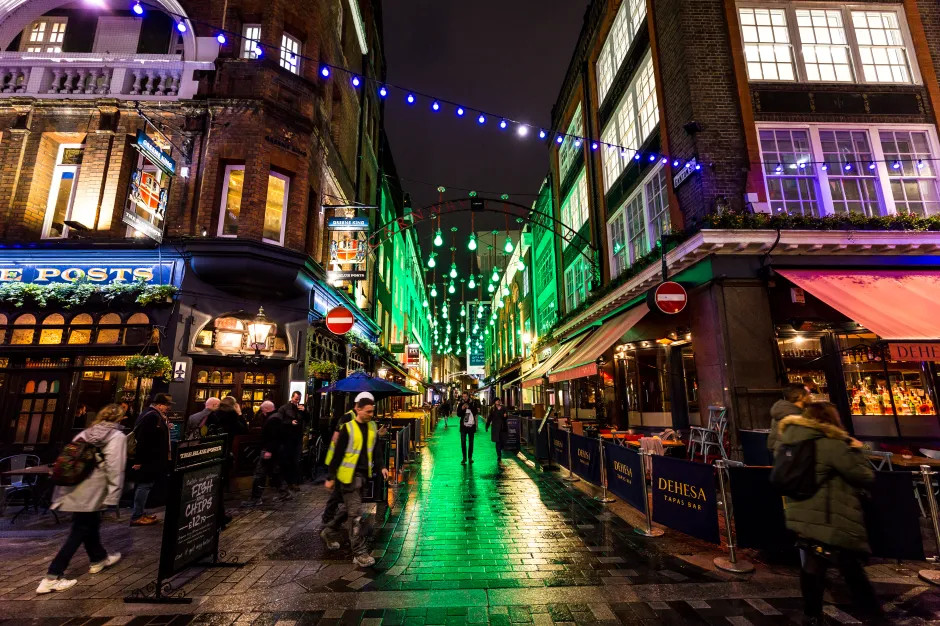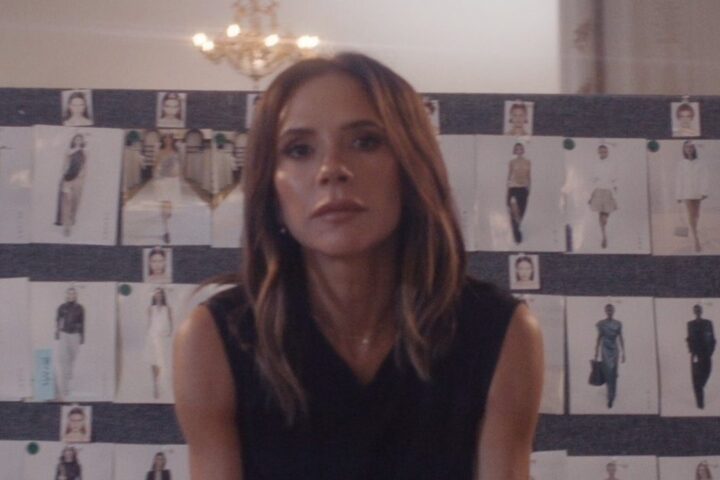Switzerland will hold an “extraordinary meeting” after top officials failed to convince US President Donald Trump’s government not to impose 39% tariffs on Swiss goods.
The rate is one of the highest imposed on countries trading with the United States and jeopardises entire sectors of the export-heavy Swiss economy, notably watchmaking and industrial machinery, but also chocolate and cheese.
“After its delegation returns from the USA, the Federal Council will hold an extraordinary meeting in the early afternoon. A statement will follow after the meeting,” the government posted on X.
Swiss President Karin Keller-Sutter and economy minister Guy Parmelin had gone to the United States but were only able to meet US Secretary of State Marco Rubio.
After the meeting yesterday, Ms Keller-Sutter spoke only of “a very friendly and open exchange on common issues”.
Switzerland has been hit particularly hard by the new US tariffs on products from dozens of economies, which have now come into effect.
Competitors of Swiss companies in the EU will only see their products taxed at 15%, and those from the United Kingdom at just 10%.
The wave of US tariffs taking effect today does not cover sectors that are being separately targeted by US investigations such as pharmaceuticals, a key sector for Switzerland.
This threatens tens of thousands of jobs in the Alpine country. Mr Trump justified his action – which took Swiss authorities by complete surprise – by the fact that Switzerland has a trade surplus of several tens of billions of dollars with the United States.

The US Customs and Border Protection agency began collecting the higher tariffs at 5am Irish time after weeks of suspense over Mr Trump’s final tariff rates and frantic negotiations with major trading partners that sought to lower them.
Goods loaded onto US-bound vessels and in transit before the midnight deadline can enter at lower prior tariff rates before 5 October, according to a CBP notice to shippers issued this week.
Imports from many countries had previously been subject to a baseline 10% import duty after Mr Trump paused higher rates announced in early April.
But since then, Mr Trump has frequently modified his tariff plan, slapping some countries with much higher rates, including 50% for goods from Brazil, 39% from Switzerland, 35% from Canada and 25% from India.
He announced yesterday a separate, 25% tariff on Indian goods to be imposed in 21 days over the South Asian country’s purchases of Russian oil.
Eight major trading partners accounting for about 40% of US trade flows have reached framework deals for trade and investment concessions to Mr Trump, including the European Union, Japan and South Korea, reducing their base tariff rates to 15%.
Britain won a 10% rate, while Vietnam, Indonesia, Pakistan and the Philippines secured rate reductions to 19% or 20%.
Mr Trump’s order has specified that any goods determined to have been transshipped from a third country to evade higher US tariffs will be subject to an additional 40% import duty, but this administration has released few details on how these goods would be identified or the provision enforced.
India’s Modi will not compromise interests of farmers
Indian Prime Minister Narendra Modi said he will not compromise the interests of the country’s farmers even if he has to pay a heavy price for it.
Mr Trump announced an additional 25% tariff on the South Asian nation, taking the total levy on Indian goods being exported to the US to 50%.
“For us, our farmers’ welfare is supreme,” Mr Modi said in a function in New Delhi.
“India will never compromise on the wellbeing of its farmers, dairy (sector) and fishermen. And I know personally I will have to pay a heavy price for it,” he said.
Trade talks between India and the United States collapsed after five rounds of negotiations over disagreement on opening India’s vast farm and dairy sectors and stopping Russian oil purchases.
Mr Modi did not directly refer to the US tariffs or trade talks.
The new tariff, effective from 28 August, was to penalise India for its purchase of Russian oil, Mr Trump said.

India’s foreign ministry has said the decision was “extremely unfortunate,” and that “India will take all necessary steps to protect its national interests.”
The US is yet to announce any similar tariff for China, which is the biggest buyer of Russian oil. Experts have said China has been spared so far as it has a bargaining chip with the US over its reserves of rare earth minerals and other such commodities, which India lacks.
“The US tariff hike lacks logic,” Dammu Ravi, secretary of economic relations in India’s foreign ministry, told reporters.
“So this is a temporary aberration, a temporary problem that the country will face, but in course of time, we are confident that the world will find solutions.”
India has started making moves to signal that it might have to consider other partnerships in the coming months in the face of Mr Trump’s tariffs, which have led to the worst diplomatic showdown between the two countries in years.
Prime Minister Modi is preparing for his first visit to China in over seven years, suggesting a potential realignment in alliances as relations with Washington fray.
Brazilian President Luiz Inacio Lula da Silva said yesterday he would initiate a conversation among the BRICS group of developing nations about how to tackle the tariffs.
He said he planned to call Mr Modi on today, and China’s Xi Jinping and other leaders. The BRICS group also includes Russia and South Africa.
Mr Ravi said “like-minded countries will look for cooperation and economic engagement that will be mutually beneficial to all sides.”
